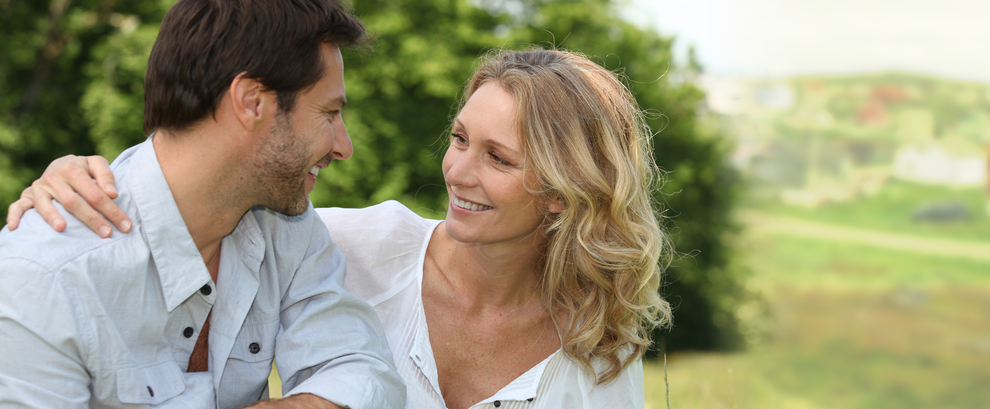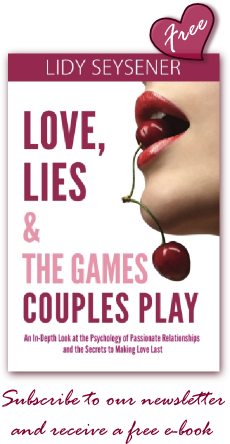 Your memory stores all kinds of information from your life’s experiences. We make sense of those events, attach them to other events as we deem appropriate and store them, no matter how trivial they might seem, somewhere for future reference as needed.
Your memory stores all kinds of information from your life’s experiences. We make sense of those events, attach them to other events as we deem appropriate and store them, no matter how trivial they might seem, somewhere for future reference as needed.
You might surprise yourself by how much trivia you seem to have stored that just pops up, seemingly from nowhere, from time to time while at other times we just can’t seem to access some basic stuff that we really need at that moment, like where did you leave your keys or wallet.
Within our subconscious minds different layers keep information with different levels of importance, age, intensity and impact. Each kept unconsciously within us and differently from the others.
It is amazing that actually everything you have ever experienced everything you have ever felt, heard, touched, smelled, or done—is held in your memory somewhere. If you really needed to retrieve something, you possibly could.
And generally the greater the impact the deeper it gets stored. And the less we want to remember it the further it tends to reside from the surface. In the same way the harder it is to recall it the more this means our mind has pushed that certain memory deep down into our subconscious minds.
There are of course, as with everything in life, the exceptions to this so read on.
There are two ways our minds “send” some events into our sub conscious mind. The first one is because they were too ordinary and you learned whatever you were supposed to learn from them, so you no longer need to keep the events in mind. And the other is that the events were too painful and you actively pushed them out of awareness.
And then there might be times when we have “flashbacks” to old memories from seemingly nowhere that suddenly take us right back to those traumatic experiences without any invitation or warning.
Examples might include being massively rejected by a parent or loved one, or being hurt physically—even brutally—as a child. This is a normal self-defence reaction of suppression that should help in forgetting the source of pain. It feels like it’s gone but it actually isn’t.
We become “a product” of what we’ve experienced and this forms us as the people we are. Unfortunately though the memory remains in the back of our heads and it is “working” when for example making decisions, or when forming new relationships.
An extreme of such a reaction might be to disassociate ourselves from an event as it happens, so that it might feel like we are not experiencing it at all. Of course, the problem with dissociation is that, like anything done often enough, it can become habitual. The extreme result can be a risk of developing problems such as dissociative identity disorder (what we used to call multiple personality disorder).
The Iceberg Model of Consciousness
As you might remember, 10 percent of an iceberg sits above the water level, while the remaining 90 percent lies below it. The part of the iceberg above water is like the conscious mind. It’s the part you can see clearly and is also the part that is also clearly visible to others.
The remaining 90 percent is like the subconscious mind, the part of you that is not clear to either you or to others. It’s the part of you that is responsible for most of what you do each and every day. The part we know less is however the most important and the biggest part of our “server”. The deeper into your subconscious you go, the harder and more faded the memories are.
But because it is hard to recall it doesn’t mean it’s gone. Usually the subconscious mind brings it up to consciousness and sometimes when we least expect it, or want it, – for example as a flashback or as a sudden remembering of a sharp detail.
It is perfectly normal to recall memory more easily – when for example you are listening to a familiar story, or when you hear a favourite song. These “flashbacks” thereby can be negative from a traumatic experience but they can also be positive and joyful experiences as well.
Counselling offers an opportunity to review the negative events associated with exposed memories, using your conscious mind to discover what there is yet to learn about yourself, others, or life, that you might not otherwise discover. Actually the main purpose of many counselling models is to expose those deeply held subconscious memories as they might be relevant to understanding the problems of today.
So don’t shy away from these opportunities to work with an experienced Counsellor to explore what some of these subconscious memories are wanting to teach you. The outcome can be to clear the way for your future life to be real for the moment in which it is lived not tainted by any of that old stuff from your past.
I would love to know your thoughts on this topic so please add your comments and let’s keep the conversation and the learning possible from that, alive and conscious.
To the wonder of you,











Leave a reply